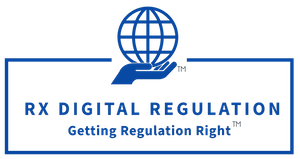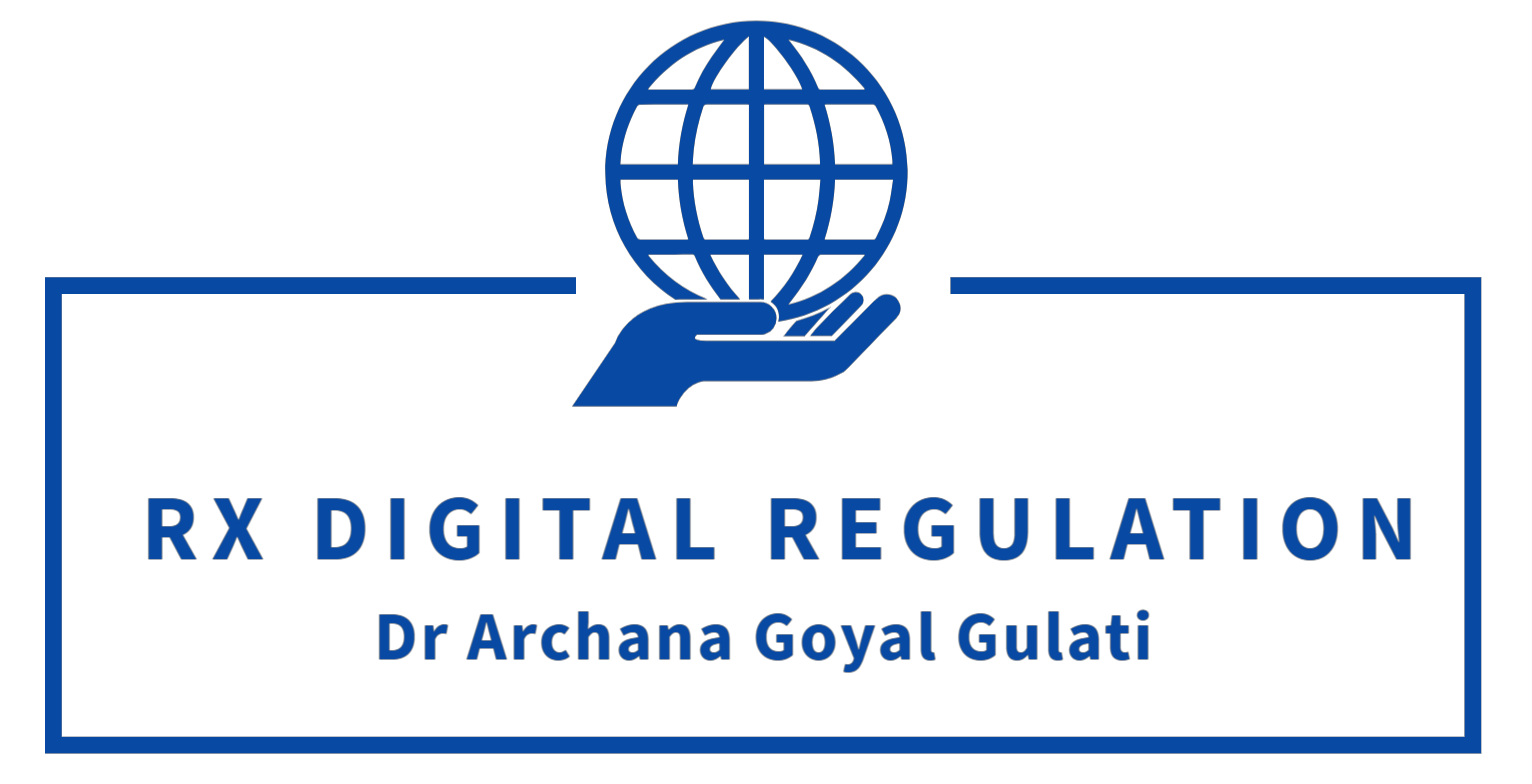
Economic and Regulatory Issues in the Era of Free Services (Presentation Slides)
Presentation and Talk, Session on economic issues in modern telecommunication/ICT markets ITU Headquarters, Geneva, September 25, 2018
DOWNLOADS: 48
ABSTRACT VIEWS: 297
Abstract
Our lives today are greatly facilitated by modern telecommunications, the internet and various Over the Top (OTT) applications and services. By lowering costs, bringing us greater choice and innovative methods of service delivery, OTTs in particular have become an indispensable part of modern life. In the near future, newer technologies such as Machine to Machine (M2M) /Internet of Things (IoT) communications and Artificial Intelligence (AI) will confer further benefits such that we will be living in progressively smart societies.
As can be expected, markets by themselves will not always deliver perfect outcomes and the transition to, and the management of smart societies will entail new regulatory challengers. Thus, even in the digital economy, with its multiplicity of players and where many services are delivered free at times rendering price irrelevant, both as an indicator of market power and as a regulatory tool, the role of regulation will continue to be vital.
From a regulatory viewpoint, it will be important to protect innovation and competition and to empower customers through good regulation and greater transparency, so as to build trust in new applications and services. These are prerequisites for continued growth of new technologies, without which, the trend towards smart societies will not be sustainable in the long run.
In an increasingly converged environment where all types of services (not just communications) are facilitated by ICTs, it would be impossible to regulate without collaboration between the ICTs regulator on the one hand, and the competition regulator, data protection authorities and a host of sector regulators on the other.
Smart societies will call for a review of the regulatory approach in the areas of competition, security, quality of service (QoS) and interoperability and also demand much greater attention to inclusiveness, privacy and data protection, transparency and trust.
In the era of OTTs, IoT and AI, some of the important areas engaging the attention of ICTs regulators across the world are the promotion of investment in new technologies and networks, appropriate methods of licensing and spectrum allocation, new competition issues, universal service, net neutrality, privacy and data protection and QoS. Many of these regulatory problems are interconnected.
References
- • Convergence blurring classic market boundaries-voice/messaging/Entertainment • Bundling of internet, T.V., telephone-should bundle be the product? • Geographic Markets • Regional :e.g. African Service Providers • International: Skype, ViberCrossref
- Business Case more important than supply side substitutability • Threat of new entry by way of innovation (WhatsApp vs
- • Relevance of SSNIP when Provision of free services may be funded by either cross-subsidisation (e.g. addons, chargeable elements of a service), or subsidisation from customers who are more profitable / or by advertising, such as in the case of Facebook-non monetary exchange of value • Monopoly Power exercised not by Price increase but by using Data Archana G.Gulati, Senior DDG

